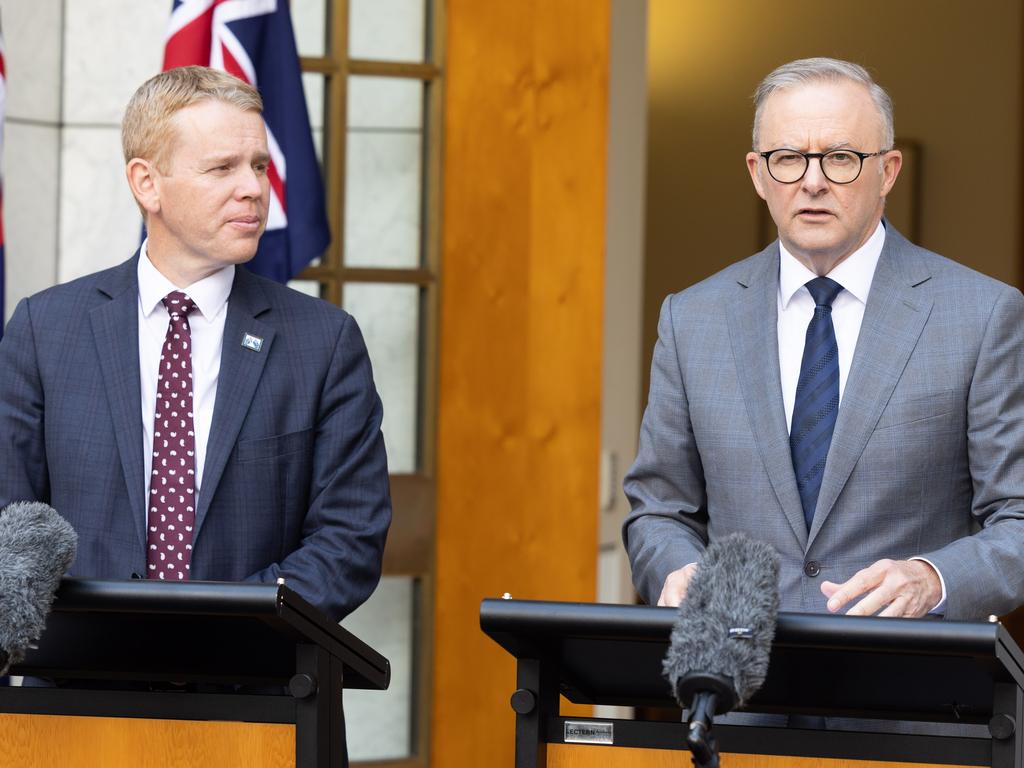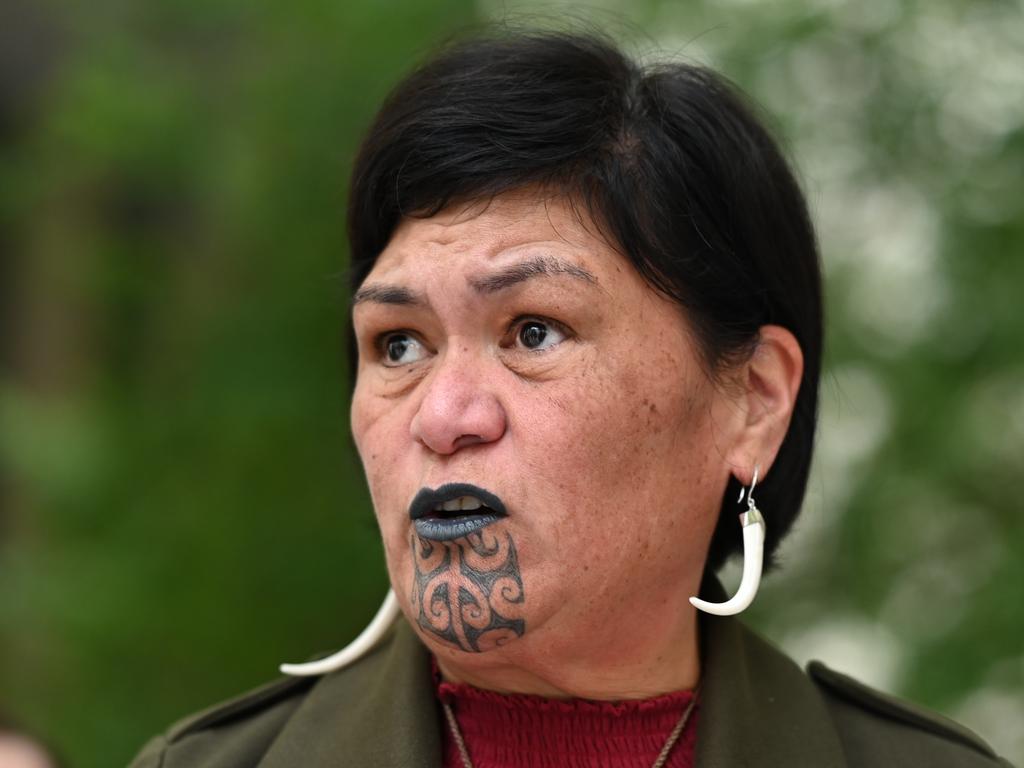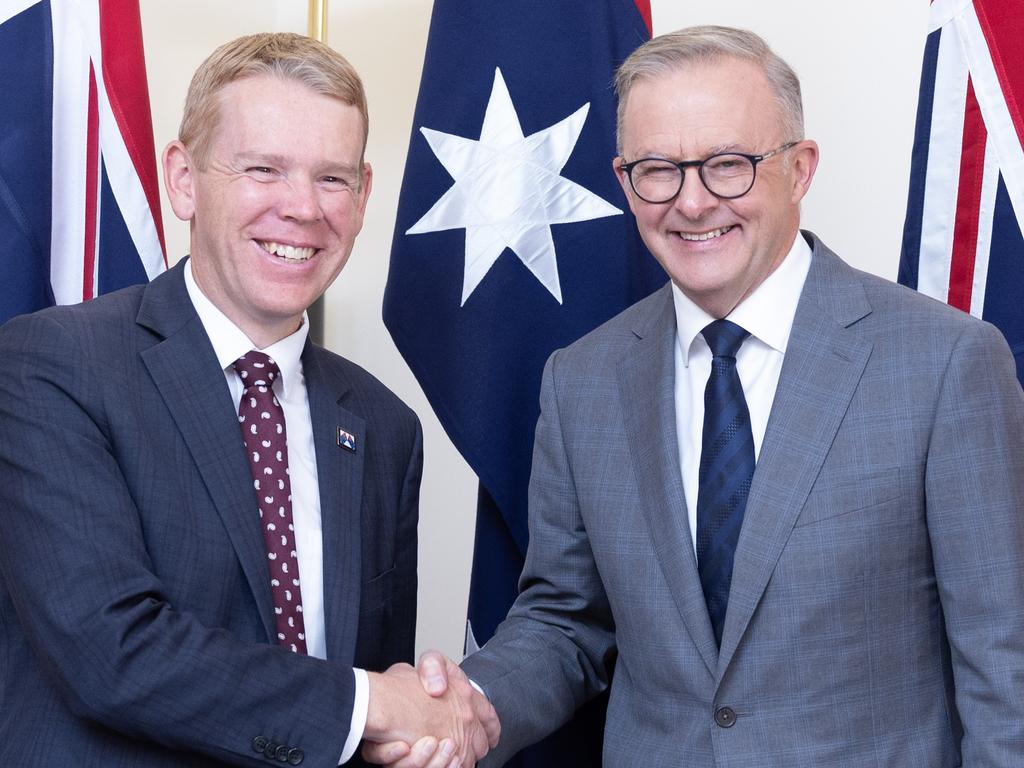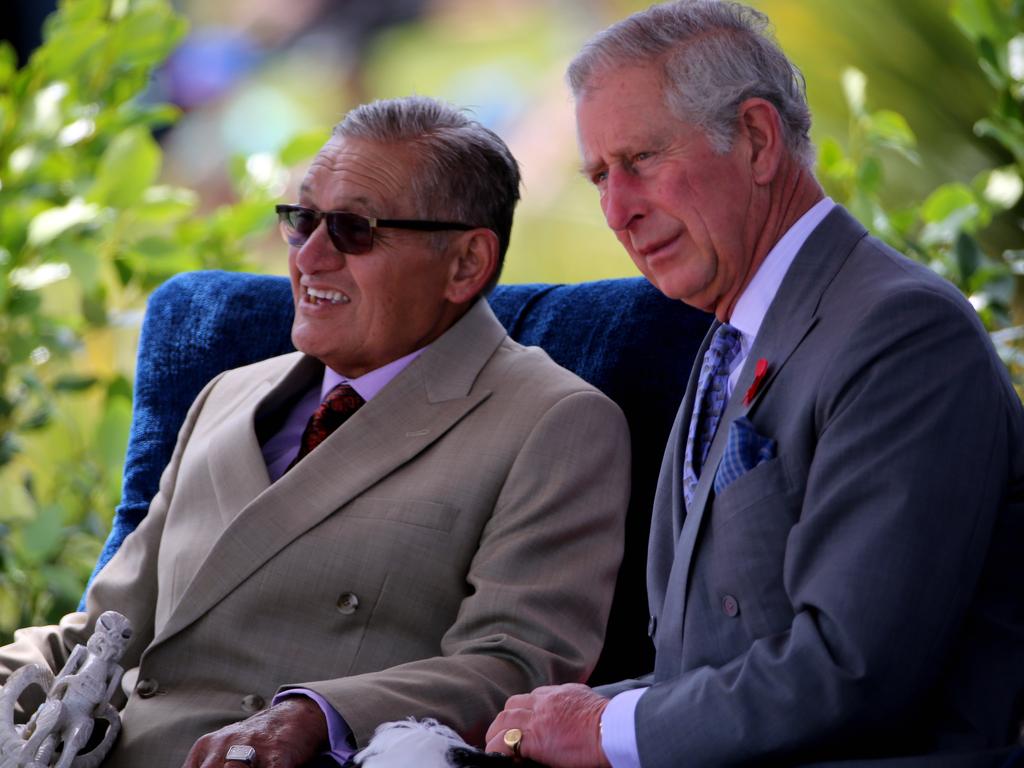Sleaze, defection, royal insult: Chris Hipkins’ luck is running out

That sentiment will likely be shared by New Zealand’s current leader Chris Hipkins, who is presently experiencing a period heavily freighted with the sort of unanticipated and unwelcome political events that could hurt his governing Labour Party’s prospects at the October 14 general election.
These events, against which the Labour government has looked fraught and flustered, has invited the impression it is becoming more corrosive, entitled and lacking in lustre. Overall, a bit worse-for-wear.
It’s not uncommon for any party to appear as such after serving successive terms in power, as Labour has done. That appearance, however, is especially unattractive five months out from what will likely be a tight election, when voters may be thinking twice about another three years of Labour rule.
At the hub of Labour’s recent problems is a cadre of misbehaving and disloyal cabinet ministers, who have cast the party in a very unflattering light.
Mr Hipkins’ personnel problems began with Stuart Nash. The disgraced former minister was a recidivist rule breaker having committed multiple breaches of cabinet rules over the last three years.
The rolling effect of his actions saw Mr Hipkins last month sack Mr Nash from cabinet prior to the errant MP announcing his retirement from politics at the general election after 12 years in parliament.
Mr Nash’s offending behaviour included interfering with an active immigration case and making public comments about an ongoing police investigation while police minister. It was the media exposing his role in leaking confidential cabinet information to two political donors, however, that truly sealed his fate. National accused the Government of covering up some of Nash’s transgressions and Mr Hipkins days were derailed as he tried to close the political wound.

‘Nashgate’ was soon followed by other personnel problem which began with Justice Minister Kiri Allan lambasting the culture of Radio New Zealand – the country’s public broadcaster – for its treatment of Māori staff during a farewell event for her fiancée, who had worked for RNZ for over a decade. Ms Allen later apologised for her actions, but the fallout continues with opposition parties calling for more accountability and transparency around the matter.
This event preceded further revelations that Ms Allen received thousands of dollars from one of New Zealand’s senior public servants, Race Relations Commissioner Meng Foon, for her 2020 General Election campaign. Meanwhile, a company connected to Mr Foon and his wife provided the Labour MP with a favourable rent subsidy for an office she ran in her constituency. Muddying the waters further is that the Race Relations Commissioner is appointed on the recommendation of the justice minister. Amid the resulting ruckus, Ms Allen belatedly registered the donation as a potential conflict of interest while Mr Hipkins downplayed any harm caused by her actions and she survived to serve another day.

Mr Hipkins’ MP troubles worsened last week’s after the shock defection of Meka Whaitiri – the former minister of customs, food safety and veterans – to Te Pāti Māori, better known as the Māori Party. Ms Whaitiri will now represent the small indigenous rights-focused party at the upcoming election. She remains seated in parliament as an independent but will support her new party in parliamentary debate.
The defection blindsided the prime minister, embarrassed the Government and upset Ms Whaitiri’s former colleagues.
Ms Whaitiri reasons for leaving remain vague at best, though she has alluded to a loss of trust in Mr Hipkins, and has characterised her switch to Te Pāti Māori as “coming home” to a party that is “unashamedly Māori”. Ms Whaitiri’s unforeseen exit is a body blow to Labour’s influential Māori Caucus, of which Ms Whaitiri was a prominent member. A wounded-sounding Willie Jackson, Māori Caucus co-chair, has claimed his former colleague jumped ship in anger at being at being passed over for a promotion in Mr Hipkins’ most recent cabinet reshuffle – an assertion Ms Whaitiri had rejected.

Mr Hipkins’ short visit to Australia in April may have served as the sort of good news circuit breaker his government desperately needed. Yet the centrepiece announcement of the deal to improve New Zealanders’ pathway to Australian citizenship struck little political paydirt back home.
Much of local media’s coverage of the new scheme was on New Zealand’s unflattering wage differential with Australia, while opposition politicians highlighted the prospect of luring New Zealand workers away from critically shorthanded sectors – like healthcare and education – to greener pastures in Australia. ACT Party leader David Seymour even suggested Australian prime minister Anthony Albanese outplayed his Kiwi counterpart in order to conduct a “talent raid on New Zealand”.
Also turning wine into vinegar was Mr Hipkins’ recent visit to London, where he carried his country’s colours at King Charles III’s coronation and joined British prime minister Rishi Sunak in announcing that New Zealand’s landmark Free Trade Agreement with the UK will come into force at the end of May.
The trip, however, was almost entirely overshadowed by the blowback caused by an unfortunate faux pas by Phil Goff – a former Labour leader and current New Zealand High Commissioner to the UK.
Mr Goff’s unforced error in failing to acknowledge at an event in London the attending Māori King’s own coronation caused outrage within some influential quarters of Maoridom and triggered wider criticisms about the state of the Māori-Crown relationship in New Zealand. Mr Goff’s actions – or lack thereof – forced his prime minister into an apology and back on the defensive.

The government will hope next week’s budget will finally serve up a political victory, though the fates may conspire to undermine this goal. With the country under a cost of living crisis and struggling with high inflation driven by government spending, Mr Hipkins’ pre-budget rhetoric has been largely founded on the idea of fiscal restraint and a respect for economic orthodoxy. That could please moderate voters whose support is critical for any winning party at election time and who have been uncertain of Labour’s ability to manage the economy. New Zealanders rank economic stewardship very high in its voting preferences.
But election year fiscal restraint is a concept largely foreign to Labour, which often deploys generous spending as electoral sweeteners. The likelihood is that this “no frills budget” – as described by Mr Hipkins himself – will probably struggle to deliver the sort of political dividends previous governments have enjoyed in an election cycle.
And Labour needs some dividends to strengthen its polling. Last week’s Roy Morgan poll found the Christopher Luxton-helmed opposition National Party losing ground, but not as much as Labour. In concert with the small right-wing libertarian ACT Party, the survey shows a National-led centre-right arrangement performs slightly better than an alternative left-leaning Labour-Green Party formation.
According to the poll, however, neither combination has enough support to form a parliamentary majority meaning the radical but increasingly popular Te Pāti Māori could be well-placed to determine the victor.
Though Te Pāti Māori leadership has not yet confirmed whether it would side with a Labour-led coalition, most signs point in that direction. Despite her disorderly exit from Labour, Ms Whaitiri has a long history with the party. This could translate into eventual Te Pāti Māori support for Labour to help it forge a new governing coalition after the election. That support will invariably come with hefty policy demands from Ms Whaitiri’s new party, which Labour is far more likely to accept than National Indeed, National has dismissed working with Te Pāti Māori based on what it sees as irreconcilable differences on key issues – including the scope of co-governance with Māori. Te Pāti Māori has already ruled out working with ACT.
Hipkins certainly needs a break in the weather to ease his party’s stormy present. Yet none readily appears on the horizon. An appraisal of Labour government’s recent history could well demonstrate that is being sapped of its luck.
And if good fortune continues to be evade Mr Hipkins and his party, it could well tilt election victory away from their grasp.







To a journalist’s question as to what he feared most about the near future, the late British prime minister Harold Macmillan reportedly quipped “events, dear boy, events.”